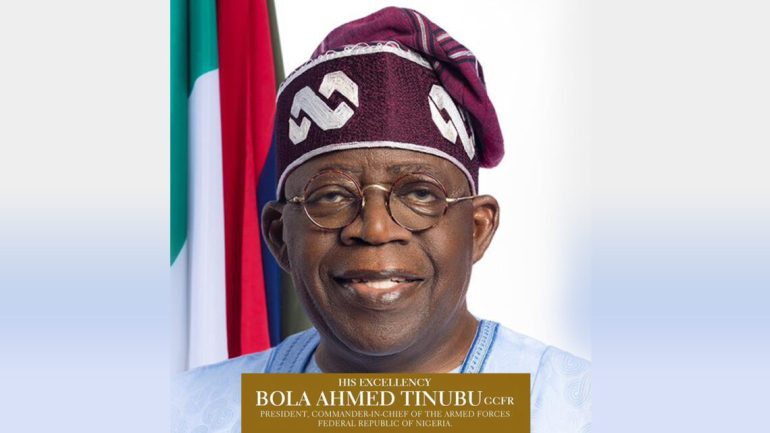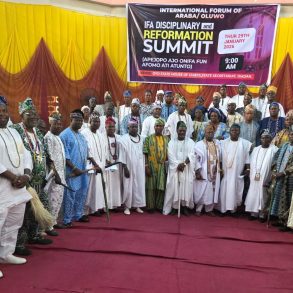President Bola Tinubu observed on Saturday in New Delhi, India, that stronger collaboration, cooperation, and partnerships among diverse regions are the pathways to a peaceful, prosperous, and sustainable future for our world.
Addressing world leaders at the 18th G-20 Leaders’ Summit, he acknowledged the vital role of the group in shaping a rule-based world order that promotes shared prosperity and security.
President Tinubu emphasised that most of today’s pressing issues were international in character and could not be addressed without multilateral cooperation.
He stated: “This is why the role and contributions of the G-20 in shaping a new world order that is fair and rules-based cannot be overemphasised.
“A world that lives as one family but is divided by staggering income inequalities and uneven access to basic social goods by the vast majority of our people cannot result in a peaceful and secure world where shared prosperity is achieved.
“I hasten to add that such rules and global governance structures of our collective dreams must be collectively designed, collectively owned, and collectively managed. This is consistent with the true spirit of One Family, mutual respect, and sustainable development.
“Nigeria is poised, able, and willing to be a major player in this family of the G-20 and in shaping a new world, without whom the family will remain incomplete.”
President Tinubu expressed Nigeria’s commitment to playing a major role within the G-20 and contribute to shaping a more equitable world, calling for global unity and cooperation in tackling pressing challenges, fostering inclusiveness, and establishing a fairer world order.
He congratulated India for hosting the historic summit and for successfully landing on the moon under the visionary leadership of Prime Minister Narendra Modi, describing the achievement as an inspiration to all developing countries in the Global South.
On the issue of African Union (AU) inclusion in the G-20, the Nigerian leader welcomed the decision, saying it “opens opportunities for future membership of the group in a manner that reflects the relative balance of power and inclusiveness of humanity as One Family.”
Reflecting on the theme of the summit, ‘One Earth, One Family, One Future,’ President Tinubu stressed the interconnectedness of global affairs and the need for collaborative efforts.
He underscored the importance of tackling challenges related to technology, energy transition, and access to credit, as well as the growing socio-economic divide between those who have and those who do not.
The President urged greater solidarity among nations, tasking advanced economies to support disadvantaged regions in the Global South and promote climate justice.
President Tinubu also called for the strengthening of international frameworks for resource mobilisation and governance that were based on the principles of justice, equity, and fairness.
In addressing the sub-theme of Session II of the Summit, which is One Family, President Tinubu highlighted the magnitude of the challenges facing humanity today.
“The need for us to work together as one family has, therefore, become more imperative. We must strive to create a world of inclusiveness in which everyone has access to the basic necessities of life and in a manner that widens and strengthens the ownership of our planet regardless of one’s economic, social, and political status.”
President Tinubu urged the Global North, advanced economies, and multilateral institutions to mobilise resources and direct efforts to where help was needed most in the disadvantaged Global South.
“By doing so, we will be building a society anchored on the strong values of tolerance and mutual respect, where diplomacy, dialogue, and cooperation take precedence over competition, conflict, and divisions, which are based on inflexible ideologies and belief systems,” he added.






